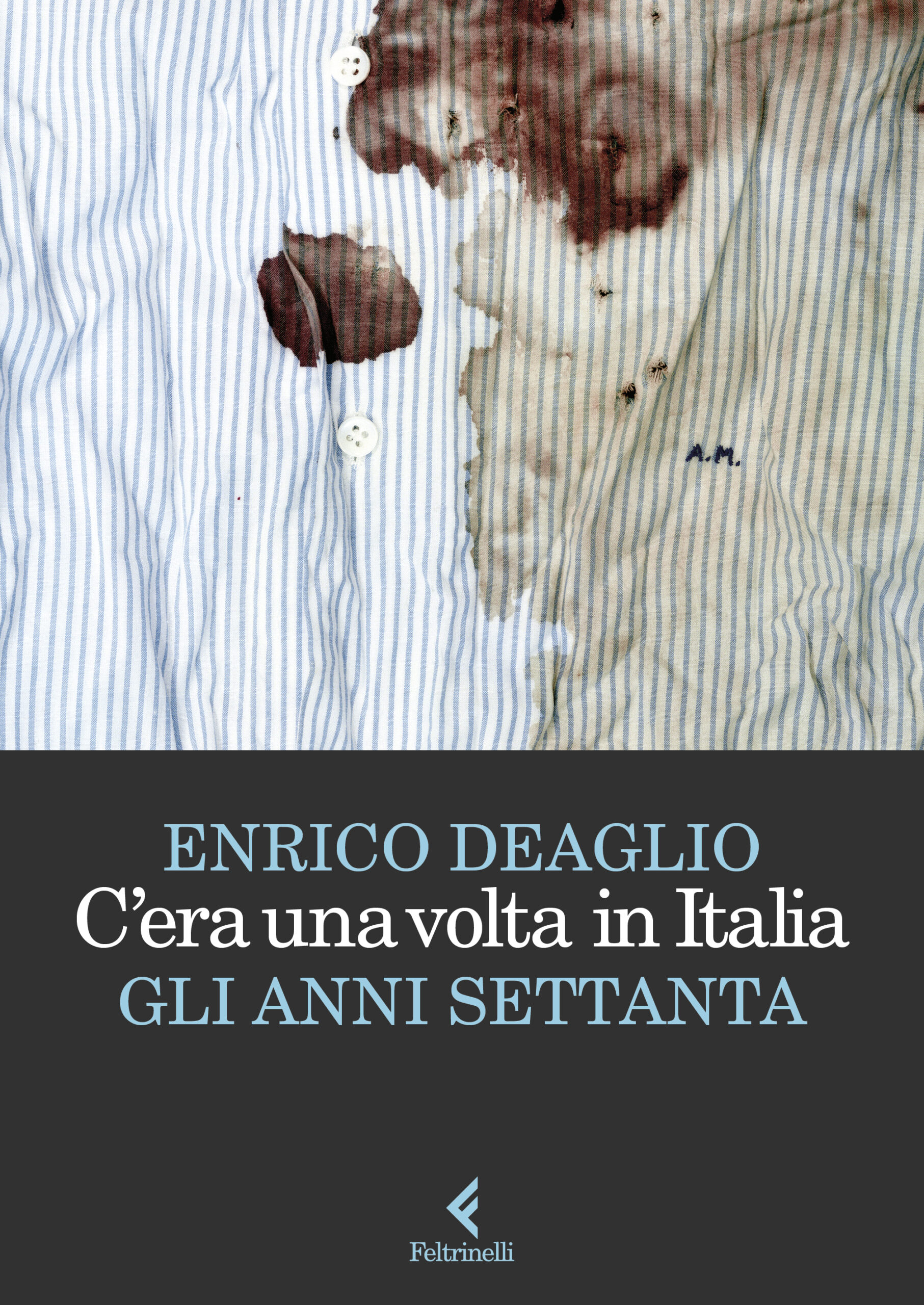C’era una volta in Italia. Gli anni settanta

Where were we left off? At that bomb blast in Milan that ended the “innocent” and “fabulous” sixties. A new decade was beginning, and the future had changed masters. The 1970s, the second volume of an Italian history that will continue to the present day, still live on in memory and turmoil: alongside remarkable and rapid political changes (the rise of the PCI) and social changes (the abortion and divorce laws, the closing of asylums and conscientious objection), they saw a dramatic violent turn, passed under the name of the “years of lead.” Right-wing subversion put bombs in trains, stations, and universities and prepared numerous coups; criminal groups-the Magliana gang, Cosa Nostra, P2, the then unknown 'ndrangheta-associated themselves with power and did the “dirty work,” and a part of the revolutionary left chose the path of armed struggle with unforeseen, bloody and unrepeatable results in Europe. And again: in an unprecedented degeneration of civilized living, 387 people are kidnapped and with the ransom money the Kidnapping Anonymous shapes “the development model” of the country. The 1970s saw us demonstrating together with Berlinguer, Pannella, Franca Rame and Dario Fo, attending too many civil funerals, marching for women's rights and against the war, dancing to Raffaella Carrà's Tuca Tuca, growing up reading Elsa Morante's La Storia, singing to the notes of Rino Gaetano, Dalla and De Gregori. At the movies people laughed bitterly with Fantozzi, Gian Maria Volonté was the face of commitment, Fellini won an Oscar with Amarcord, and the crude jokes of Amici miei were emulated in the stations. Jobs were beginning to be lacking, students were beginning to think about their future, and the country was shaken by the terror of massacres, kidnappings and bombs: the world seemed to be divided between those who wanted to change everything and those who defended the old order tooth and nail. And then, little by little, hope gave way to disillusionment: the dream of revolution collided with violence in the streets. Gone were Pier Paolo Pasolini, Peppino Impastato, so many young people were killed, and Aldo Moro was abandoned and left to die... The 1970s ended with the feeling that something was broken, that that possible future was gone forever. Yet it was then that we learned what it meant to fight, to love and to believe in a different world, at least for a while.